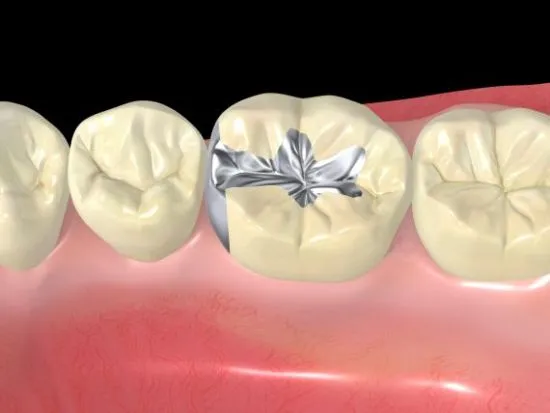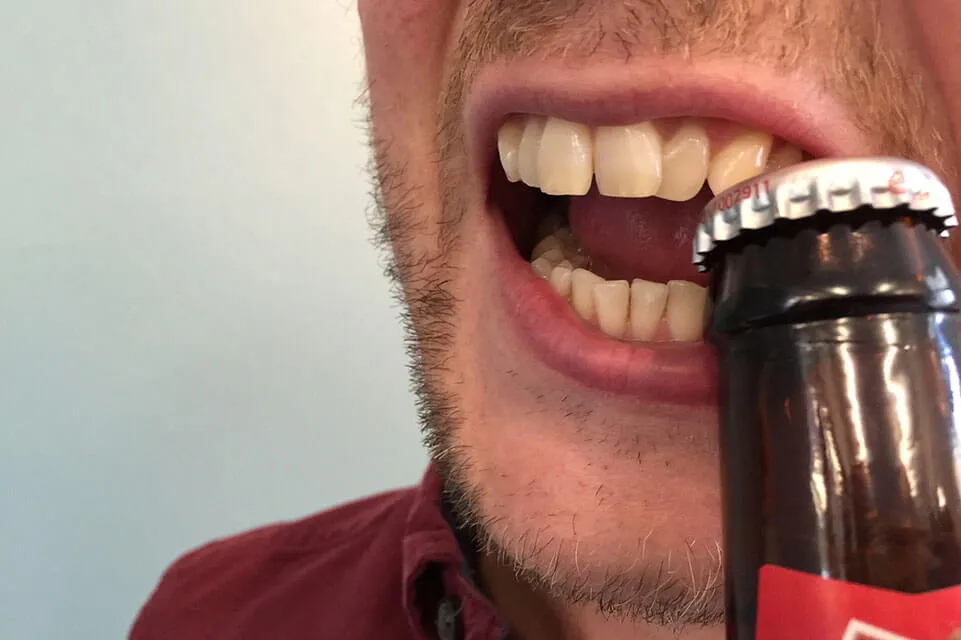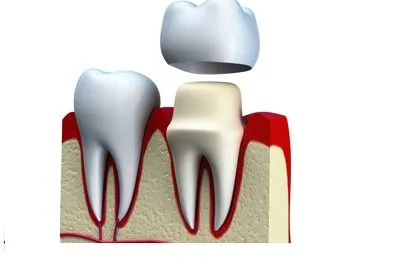Some Facts About Wisdom Teeth
What are wisdom teeth? Wisdom teeth are the upper and lower third molars, located at the very back of the mouth. They are called wisdom teeth because usually they come in between ages 17 and 21. Wisdom teeth that are healthy and in the right position usually don’t cause problems. You may have a problem if any of the following occur: Your wisdom teeth break through your gums only partway because of a lack of space. This can cause a flap of gum tissue to grow over them. The flap can trap food and lead to a gum infection. They come in crooked or facing the wrong direction. Your jaw isn’t large enough to give them room. Your wisdom teeth may get stuck (impacted) in your jaw and not be able to break through your gums. They are so far back in your mouth or crowded that you have trouble cleaning around them. Symptoms: If your wisdom teeth are causing problems, you may have pain or jaw stiffness near an impacted tooth. Wisdom teeth may also crowd the other teeth. Sometimes, there could be tooth decay or gum disease if there isn’t enough room to properly clean your wisdom tooth and nearby teeth. Your dentist will check for signs of a wisdom tooth coming through your gum or crowding other teeth. You will have X-rays to find out if your wisdom teeth are causing problems now or are likely to cause problems in the future. Treatment: The dentist or oral surgeon will open the gum tissue over the tooth if needed and remove the tooth. If you have an infection, you may need to wait until it is gone before you have your wisdom teeth removed. The dentist or surgeon may prescribe antibiotics to help clear up the infection.










